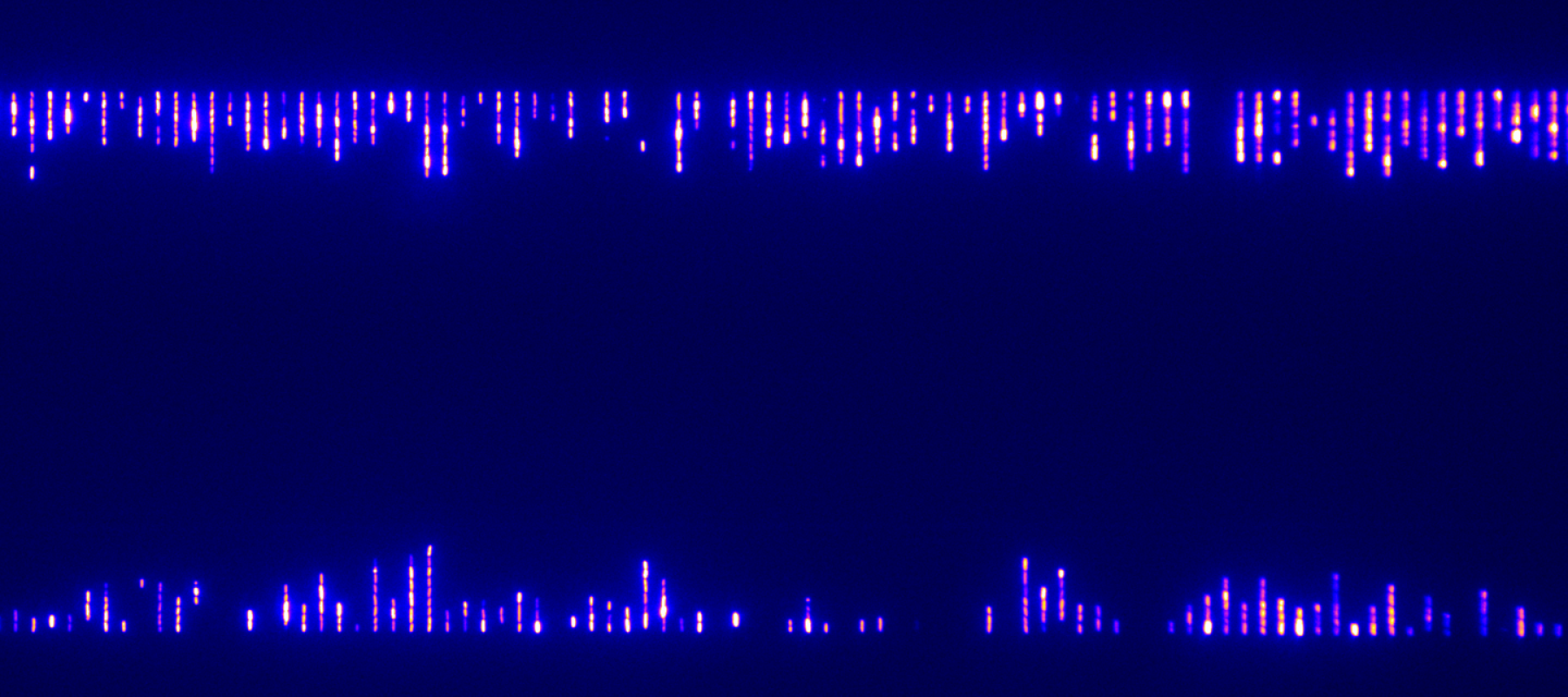This project is led by Professor Antonis Papachristodoulou in the Department of Engineering Science at the University of Oxford.
The project is funded by a grant from the UK Engineering and Physical Sciences Research Council.
Research at the intersection of biology and engineering has expanded our understanding of living systems and the many unique and valuable capabilities they possess. Scientists and engineers have now begun to harness this knowledge in new ways to address some of humanity's most pressing challenges. For example, using engineered biosystems we can create innovative healthcare solutions, enable more sustainable forms of agriculture, and support clean manufacturing methods.
The emerging field of Engineering Biology aims to harness biology to build technologies for a healthy, sustainable, and equitable future. However, to date the lack of a rigorous biological engineering process has resulted in biosystems that are fragile, unpredictable, and difficult to scale when applied in real-world settings.
The EEBio programme represents a timely investment in the new field of Engineering Biology which is set to play a defining role in the future of our society and the rapidly growing Bioeconomy. Our team of world-leading experts and up-and-coming early career researchers will create tools and technologies that are key to the effective engineering of biological systems - as observed in other, mature engineering fields - but which are not yet realised for Engineering Biology. EEBio brings together recent momentum across our team for rapid impact, while also supporting development of seminal ideas; in the near-term this will help address Grand Challenges we face today, while in the long-term it will provide the foundation for many bio-based solutions that will improve human life, agriculture, and the environment. Our work will accelerate responsible industrial exploitation, open up the field to other research communities (in the life, medical and social sciences), and support public confidence in the safety and reliability of Engineering Biology.




